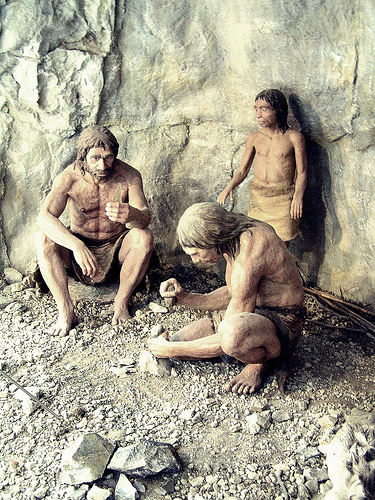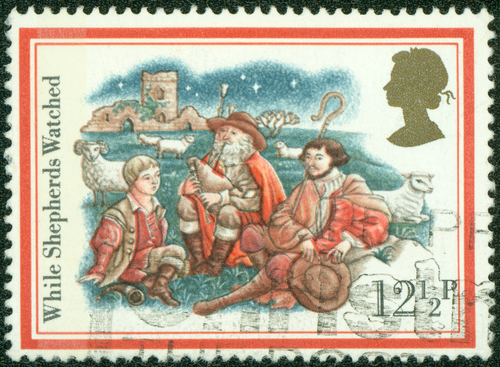 It would start with tapping fingers on my bar, as the house music blared its inane, sometimes nonsensical, lyrics. The hands would be fidgety, the muscles straining for something to press against. Then his legs would start bopping and his face would start working and he’d launch into a violent dance. The shirt would come off, the sweat would pour, and a few minutes later came the overheating and the collapse. The rest went down off-stage, in the G-out room.
It would start with tapping fingers on my bar, as the house music blared its inane, sometimes nonsensical, lyrics. The hands would be fidgety, the muscles straining for something to press against. Then his legs would start bopping and his face would start working and he’d launch into a violent dance. The shirt would come off, the sweat would pour, and a few minutes later came the overheating and the collapse. The rest went down off-stage, in the G-out room.
Oh, excuse me, the Green Room. Where the bands prepared on the rare occasions we had live bands. But mostly it was the room where patrons slept off the effects of a Gamma-Hydroxybutyric acid (GHB) overdose, watched over by the strangely sympathetic security staff. Perhaps “slept” is not quite the word, although they did lose consciousness for quite a while, and their breathing slowed. Most of the time, though, they were semi-conscious. Continue reading
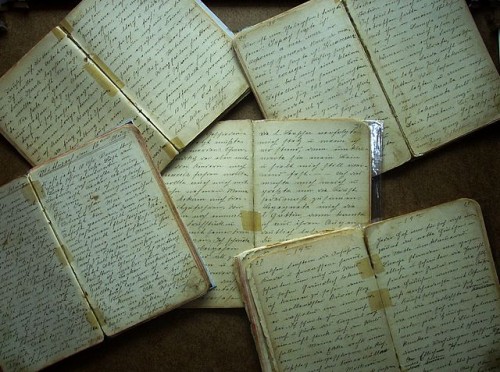 One of my New Year’s resolutions is not to write in a journal everyday. I’m terrible at it, even though I wished I loved to scribble daily. I can’t even keep up with my
One of my New Year’s resolutions is not to write in a journal everyday. I’m terrible at it, even though I wished I loved to scribble daily. I can’t even keep up with my 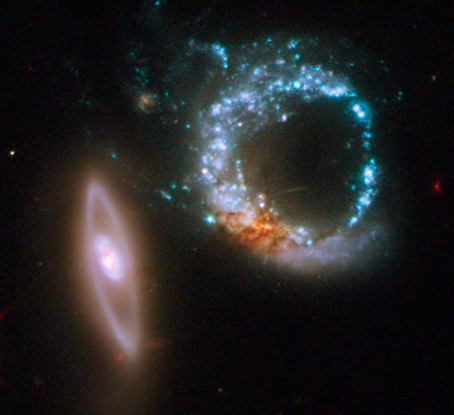


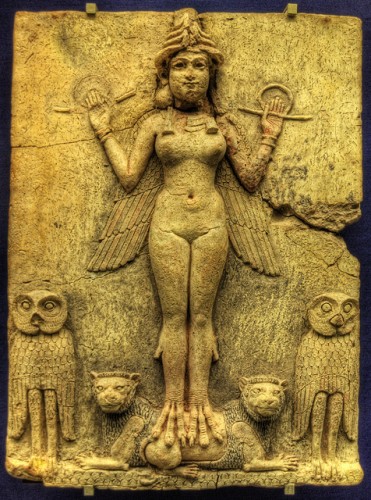 This week, Ann told the story of the first hero. She’s a girl, a Sumerian goddress, and she
This week, Ann told the story of the first hero. She’s a girl, a Sumerian goddress, and she 